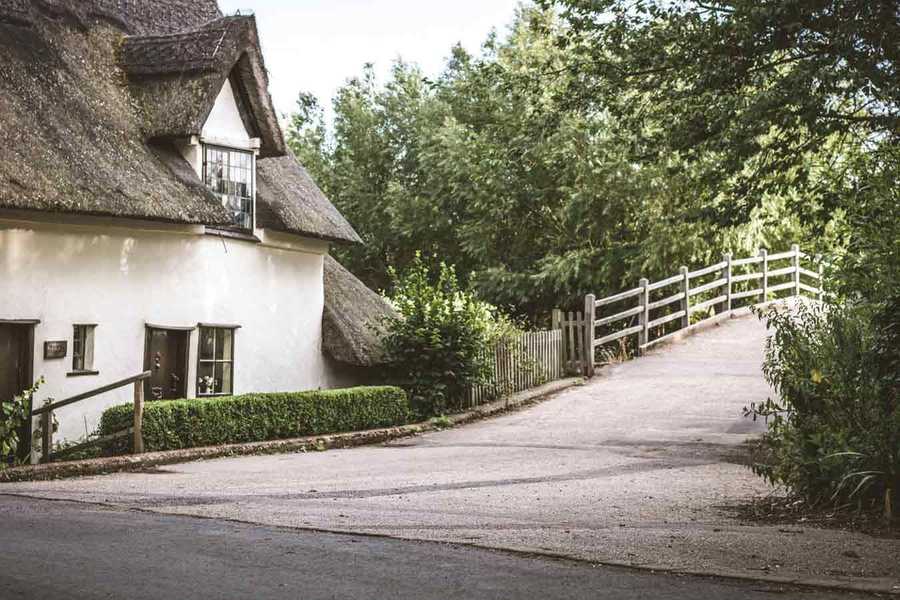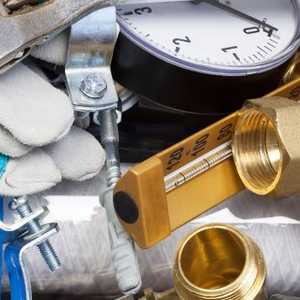7 questions you need to ask before buying old or period property
Buying old or period property? Ask these 8 questions first to enusre you're making the right choice and are aware of potential problems.

Buying old or period property has a certain charm attached to it. You get to enjoy fine craftsmanship, detailed work and unique features. It's a romanticised investment many are ready to make, without careful consideration.
If your heart is set on buying a picturesque old house, you'll most certainly have to reserve some contingency money for repairs and renovation. You'll also have to carefully weight in the time that it will take to make your dream house into a home. After all, time is money, especially if you have to spend it off work.
Once you've spent a small fortune on your unique property the last thing you want to happen is surprising breakdowns, which cost even more to fix. But since it's quite likely that this could happen, we'd recommend opting for a home maintenance cover, and keeping your peace of mind. Our Care Club plans include unlimited call-outs, all parts and labour and no excess.
Here are some questions find an answer for, before you spend all you money on that dream old property.
During the first viewing make sure to open your nose widely - you might be able to smell the mould. Look for roof damage, which might cause leaks, or blocked gutters or drains. Once inside, don't forget to check the curtains, carpets and cupboards, especially if they come with the house.
Although you might want to spend your whole budget on decoration, you'll first need to make sure the house is safe to move into. Small cracks are pretty normal for an old property and should not worry you. Large cracks on the other hand could signify a hidden structural issue.
If it turns out that your house needs rewiring, this can easily cost you up to £3000-£5000 (average three-bedroom house). Look for old fuse box, with ceramic fuses, as this is the biggest giveaway of an old electrical system. Other tell-tale signs are cast iron switches, old-fashioned sockets, surface-mounted cabling etc. If you need to rewire your house, Rightio has experienced electricians, only a phonecall away. Click here for details.
Back in the day lead was commonly used for underground pipes, but now we know lead water can be a health risk. If it turns out the house you're buying has lead pipes, you'll need to replace them. For any plumbing assistance, you can click here and book a Rightio engineer with more than 5 year of experience.
In case you're not sure whether your home is listed or not, make it a priority to check. Carrying out any unauthorised work on a listed property is a criminal offence. Check if your home is listed at British Listed Buildings and if it is, apply for Listed Building Consent for alterations. If the property is not listed, it might still be in Conservation area, where other restrictions will apply.
Many old houses are built using clay drains. Old clay pipes are made up of short lengths pushed together and over the time they can start leaking. It is essential to replace clay pipes with modern PVC ones, even if there isn't a visible problem. Future leaks can damage the bearing capacity of the ground and cause damage to your property.
It sounds strange but it's true. If your future home has been uninhabited for a long time bats might be hidden in the quiet dark nooks. It is a criminal offence to harm or disturb bats when roosting, and paying for a bat survey is still cheaper than paying the fine.
When people think of buying a charming old house, many adopt a rose-tinted view towards the work it might need. The time, effort and dedication needed to restore an older house can prove to be physically and emotionally draining. Before making this important decision, take a bit of time to consider whether you're ready to embark on this journey.
Related advice
There are plenty of actions you can take to help keep your home in check. Take a look here for the latest guides, advice and tips from our experts!
View our latest advice







